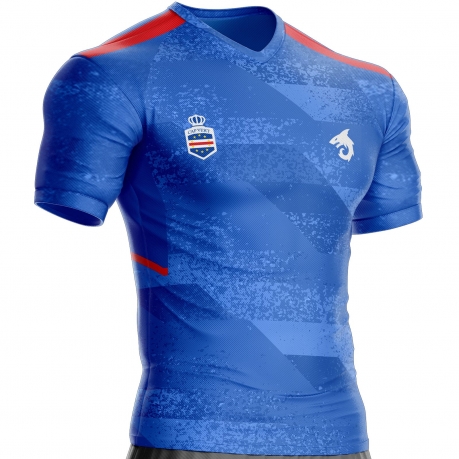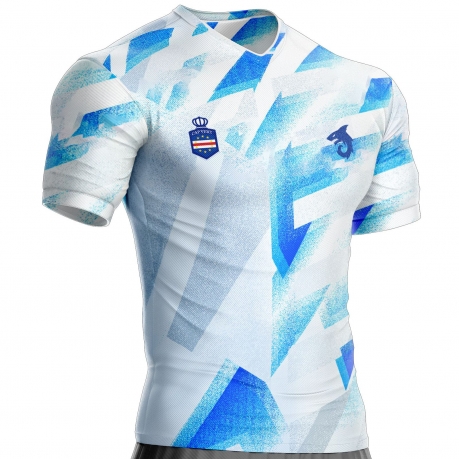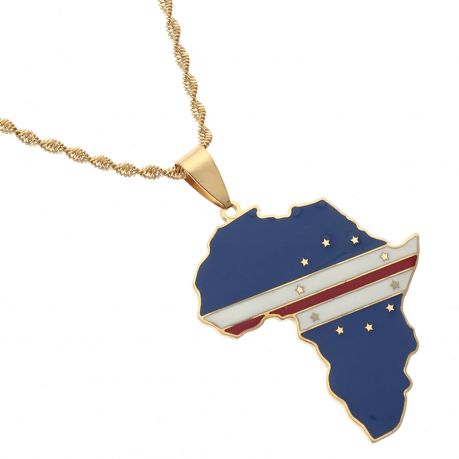The highest salaries of Cape Verdean players

Cape Verde: land of football and golden talents
Cape Verde, an enchanting archipelago in West Africa, is not only famous for its fine sandy beaches and turquoise waters. Football is a true religion, vibrating in the heart of every citizen. Far from the dusty fields of the archipelago, a golden generation of Cape Verdean footballers shines today on the pitches of the most prestigious European championships. But what is the financial reality behind the talent of these stars? Focus on the staggering salaries of Cape Verdean players who are the pride of their nation.
The elite of Cape Verdean football: a golden record
Within this talented generation, a hierarchy is emerging, defined by staggering income. Here are the Top 5 highest paid Cape Verdean players:
Ryan Mendes , true playing master of Al-Nasr SC in Saudi Arabia, reigns supreme in this ranking with an annual salary of 2 million euros .
Garry Rodrigues , Al-Ittihad Jeddah's flying winger, is close behind him with an annual income of 1.5 million euros .
Helton Leite , impassable goalkeeper for Benfica Lisbon, pockets 1.2 million euros per year.
Jovane Cabral , young hopeful from Sporting CP, sees his talent rewarded with an annual salary of 1 million euros .
Djaniny Tavares , experienced striker for Al-Shabab in the United Arab Emirates, completes this Top 5 with an annual income of 800,000 euros .
If these figures are a dream, it is important to compare them to the salaries of players from other African nations. It is clear that the stars of Senegal, Ivory Coast or Ghana often play in clubs with greater resources, and receive even higher salaries. The more modest size of the Cape Verdean market and the lack of local sponsors partly explain this gap.
A double-edged impact
The arrival of new money has a definite impact on Cape Verdean football. These high salaries make it possible to attract and maintain the country's best talents in the most prestigious European championships. The national team benefits directly from this, being able to field a more competitive selection. The results are showing, with great performances on the continental scene in recent years.
However, money does not always equal happiness. These significant salary disparities within the selection can create jealousies and a certain individualism on the field.
A promising future
Despite these nuances, the trend is clear: the salaries of the most talented Cape Verdean footballers will continue to rise in the years to come. This development is positive for the development of national football, provided we know how to manage the delicate aspects that accompany it. And if, in addition to adding to their bank accounts, these stars contributed to the development of infrastructure and youth training in Cape Verde, the effect would be even more beneficial for the future of Cape Verdean football.
A promising future, strewn with pitfalls
In conclusion, the salaries of the most talented Cape Verdean players are experiencing rapid growth. This trend brings hope for the development of national football, attracting the best talents and strengthening the national team.
However, it is crucial to manage the potential side effects of high pay, such as jealousy and individualism.
It is important that Cape Verdean players, aware of the impact of their success, use their salaries to contribute to the development of football in their country. By investing in infrastructure, youth training and the development of local football, they will be able to guarantee a sustainable and bright future for Cape Verdean football.









